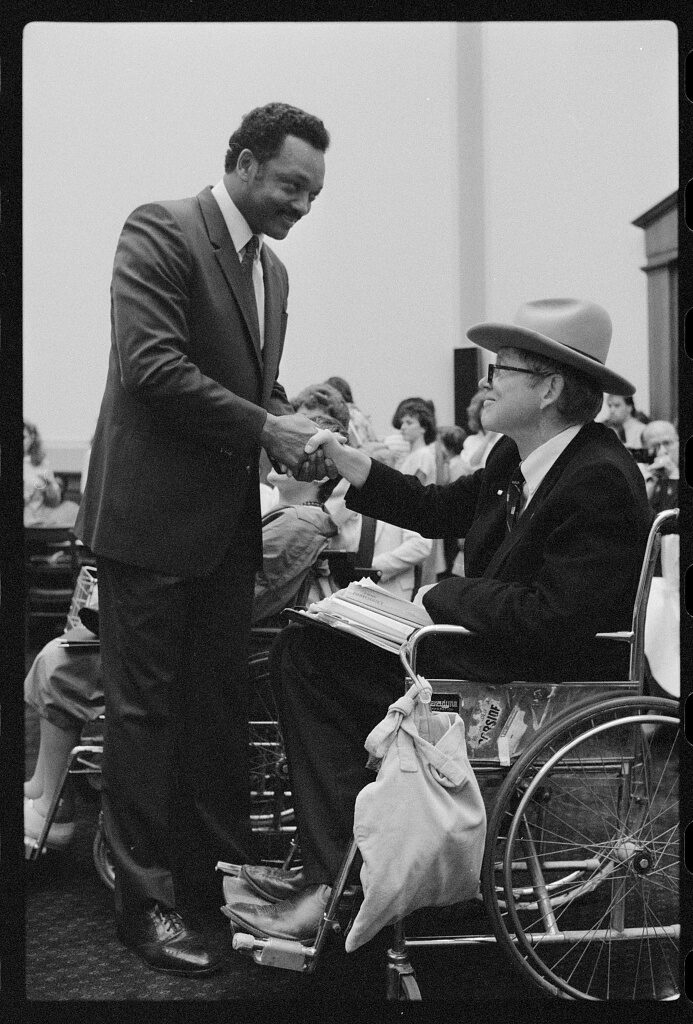July 26 is the anniversary of the Americans with Disabilities Act (ADA). The ADA was signed into law on July 26, 1990 by President George H.W. Bush. This act prohibits discrimination against people with disabilities in employment, transportation, public accommodations, commercial facilities, telecommunications, and state and local government services. This is a time to celebrate this important civil rights law that works to ensure all people with disabilities have the same rights and opportunities as everyone else.
According to the U.S. Census in their report Facts and Figures, 12.7% of the population indicated that they had a disability in the United States in 2019. That equals 41.1 million people. It is notable that 7.9 million citizens ages 18 to 64 with a disability were employed in 2019.
Through exploring characters in books and texts, students not only learn about various disabilities, but they find the similarities to themselves.
NCTE Member Patricia A. Dunn writes about three contemporary works, written by authors with the same disability as their respective narrator, challenge harmful representations often found in other books. They deftly avoid easy clichés and show disability as an integral part of life and people with disabilities as fully human.
Books about teens who are living with disability highlight the courage and emotional strength that people with disabilities can summon. They also challenge us to reflect on how we treat disabled people in our own lives. Reading their stories will lead teens to new conversations, new sensitivity, and new awareness.
Questioning stereotypes about disability can jump-start high-level class discussions and pave the way to questioning harmful stereotypes about other marginalized groups. Reading novels that feature strong, fully developed, authentic characters with disabilities is a refreshing experience.
Reflecting on literature through the lens of disability studies led a teacher to reconsider the questions she asks students as they read.
What additional titles would you add?
It is the policy of NCTE in all publications, including the Literacy & NCTE blog, to provide a forum for the open discussion of ideas concerning the content and the teaching of English and the language arts. Publicity accorded to any particular point of view does not imply endorsement by the Executive Committee, the Board of Directors, the staff, or the membership at large, except in announcements of policy, where such endorsement is clearly specified.
Lisa Fink is an NCTE Staff Member, a former elementary teacher, and a current university instructor at the University of Illinois, Urbana-Champaign. She can be reached on Twitter @fink_girl.

